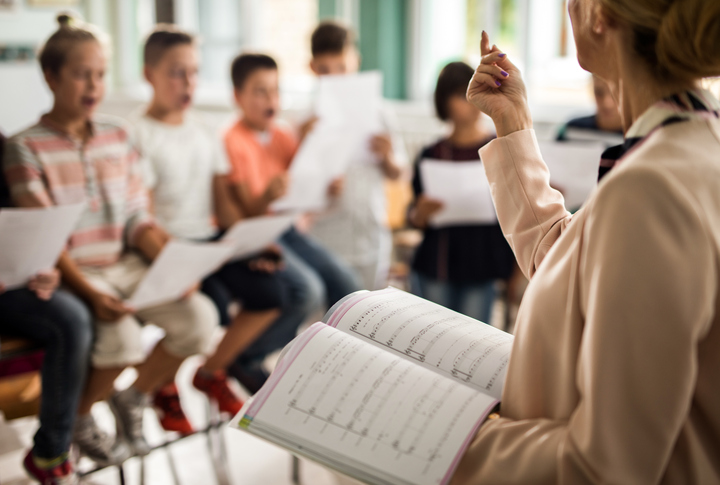Music has been known to be a powerful tool for healing, and this extends to individuals with disabilities. Learning an instrument can bring about numerous benefits to people with disabilities, including improved cognitive function, enhanced socialization, increased self-esteem, and better overall quality of life. In this article, we will explore the benefits of music lessons for people with disabilities.
- Improved Cognitive Function
Studies have shown that music lessons can improve cognitive function in individuals with disabilities. Learning to play an instrument requires the use of multiple brain regions, which can strengthen neural connections and improve cognitive function. Playing music also requires attention, memory, and executive function, which can help improve these skills in individuals with cognitive impairments.
2. Enhanced Socialization
Music lessons can also enhance socialization skills in people with disabilities. Playing an instrument in a group or ensemble setting provides opportunities for social interaction and can help individuals develop communication and teamwork skills. Additionally, participating in music lessons can help individuals develop friendships with others who share a common interest in music.
3. Increased Self-Esteem
Learning to play an instrument can increase self-esteem and confidence in individuals with disabilities. Mastering a new skill can be empowering and provide a sense of accomplishment. Additionally, performing in front of others can boost self-confidence and help individuals overcome shyness or social anxiety.
4. Improved Physical Coordination
Music lessons can also improve physical coordination in individuals with disabilities. Playing an instrument requires fine motor skills and hand-eye coordination, which can be particularly beneficial for individuals with physical disabilities. Learning to play an instrument can also help improve gross motor skills, as some instruments require full-body movements.
5. Reduced Stress and Anxiety
Playing music has been shown to reduce stress and anxiety in individuals with disabilities. Music has a calming effect on the mind and body, and playing an instrument can be a form of relaxation therapy. Additionally, playing music can provide a sense of control and predictability, which can be particularly beneficial for individuals with anxiety disorders.
6. Increased Focus and Attention
Music lessons can also improve focus and attention in individuals with disabilities. Playing an instrument requires concentration and attention to detail, which can help individuals develop these skills. Additionally, learning music can provide a structured and organized activity that can help individuals with attention deficit disorders stay focused and engaged.
7. Improved Emotional Well-Being
Music lessons can improve emotional well-being in individuals with disabilities. Playing an instrument can be a form of self-expression and can help individuals channel their emotions in a positive way. Additionally, participating in music lessons can provide a sense of purpose and meaning, which can contribute to overall feelings of happiness and well-being.
8. Increased Sensory Stimulation
Playing music can also provide increased sensory stimulation for individuals with disabilities. Listening to music and playing an instrument can provide a variety of sensory experiences, including auditory, visual, and tactile stimulation. This can be particularly beneficial for individuals with sensory processing disorders.
In conclusion, music lessons can provide numerous benefits for individuals with disabilities. These benefits include improved cognitive function, enhanced socialization, increased self-esteem, improved physical coordination, reduced stress and anxiety, increased focus and attention, improved emotional well-being, and increased sensory stimulation. If you or someone you know has a disability, consider exploring music lessons as a way to improve overall quality of life.




